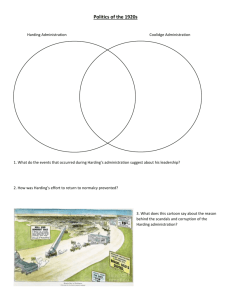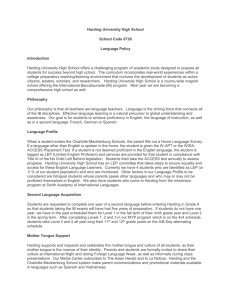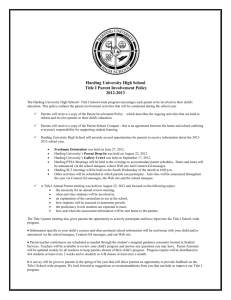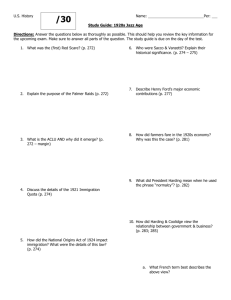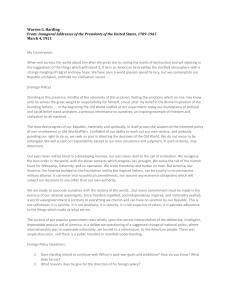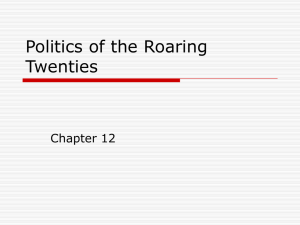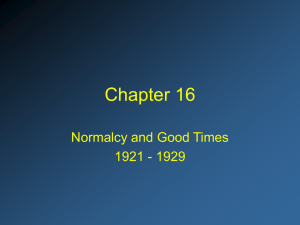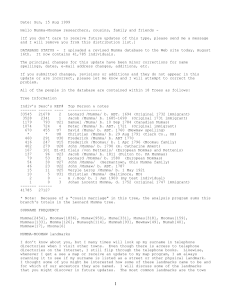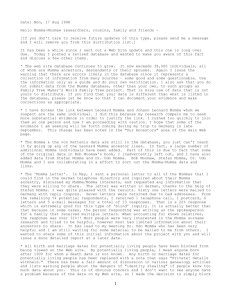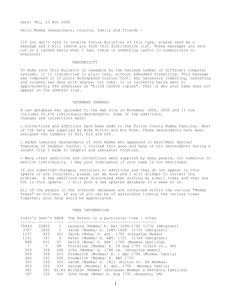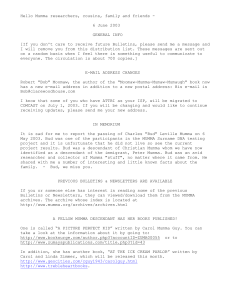HPHY 441 Syllabus Fall 14
advertisement
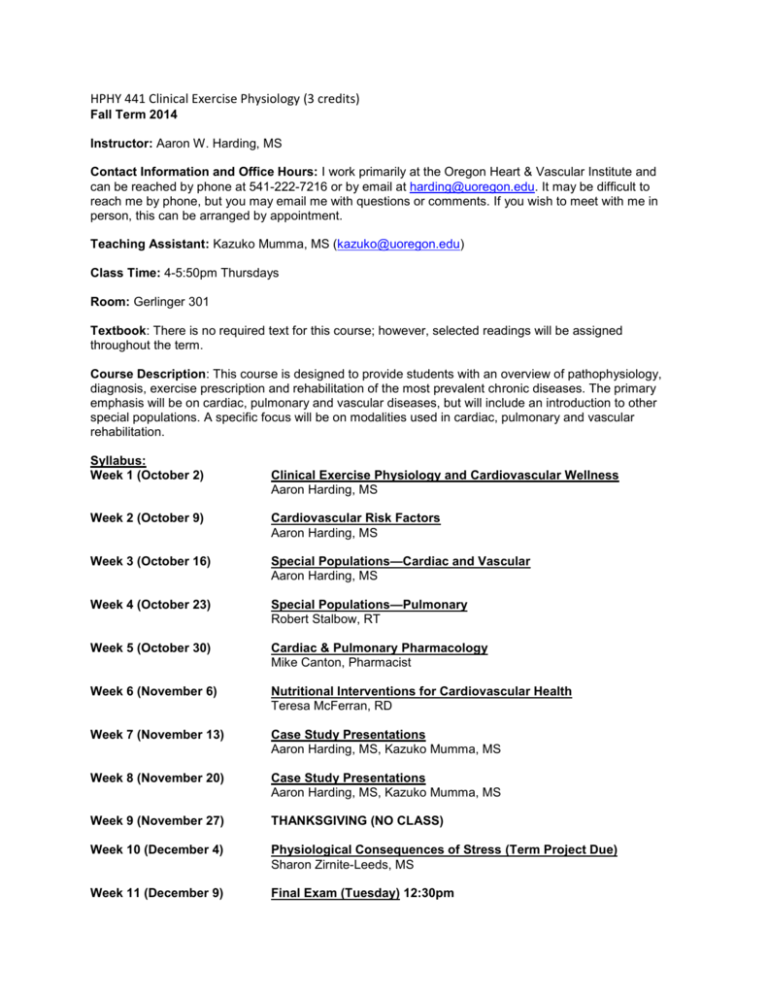
HPHY 441 Clinical Exercise Physiology (3 credits) Fall Term 2014 Instructor: Aaron W. Harding, MS Contact Information and Office Hours: I work primarily at the Oregon Heart & Vascular Institute and can be reached by phone at 541-222-7216 or by email at harding@uoregon.edu. It may be difficult to reach me by phone, but you may email me with questions or comments. If you wish to meet with me in person, this can be arranged by appointment. Teaching Assistant: Kazuko Mumma, MS (kazuko@uoregon.edu) Class Time: 4-5:50pm Thursdays Room: Gerlinger 301 Textbook: There is no required text for this course; however, selected readings will be assigned throughout the term. Course Description: This course is designed to provide students with an overview of pathophysiology, diagnosis, exercise prescription and rehabilitation of the most prevalent chronic diseases. The primary emphasis will be on cardiac, pulmonary and vascular diseases, but will include an introduction to other special populations. A specific focus will be on modalities used in cardiac, pulmonary and vascular rehabilitation. Syllabus: Week 1 (October 2) Clinical Exercise Physiology and Cardiovascular Wellness Aaron Harding, MS Week 2 (October 9) Cardiovascular Risk Factors Aaron Harding, MS Week 3 (October 16) Special Populations—Cardiac and Vascular Aaron Harding, MS Week 4 (October 23) Special Populations—Pulmonary Robert Stalbow, RT Week 5 (October 30) Cardiac & Pulmonary Pharmacology Mike Canton, Pharmacist Week 6 (November 6) Nutritional Interventions for Cardiovascular Health Teresa McFerran, RD Week 7 (November 13) Case Study Presentations Aaron Harding, MS, Kazuko Mumma, MS Week 8 (November 20) Case Study Presentations Aaron Harding, MS, Kazuko Mumma, MS Week 9 (November 27) THANKSGIVING (NO CLASS) Week 10 (December 4) Physiological Consequences of Stress (Term Project Due) Sharon Zirnite-Leeds, MS Week 11 (December 9) Final Exam (Tuesday) 12:30pm . Class Format: The course format will be lecture and group discussions. Each week I will assign selected readings, assign homework, and/or give a quiz. Most lectures will be in PowerPoint format; however, I will post the lectures on Blackboard AFTER class as I encourage note taking during class. Attendance: Attendance at all classes is highly recommended. If you need to miss a class, please let me know as soon as possible. You are responsible to obtains details of the lecture notes or class discussions from your classmates. Students with Disabilities: Please contact me if I can remove any barriers to your learning or participation in this course. You may also contact Disability Services at 346-1155 or disabsrv@uoregon.edu. Academic Integrity: Please visit http://libweb.uoregon.edu/guides/plagiarism/students/ to view the University policy on plagiarism. Grading Policy: Class Participation (10% undergraduate; 5% graduate): We will often have class discussions at the end of the lecture period. We will take the material presented in the lecture and apply it to a clinical case study. Homework/Quizzes (20% undergraduate; 15% graduate): Most weeks you will either take a short quiz or turn in a homework assignment. I will accept one missed quiz or homework at full credit. This is allows for one absence without affecting your grade. If you have perfect attendance, then your lowest homework/quiz score will be adjusted up to 100%. In addition to the quizzes, graduate students will have extra homework assignments. Case Study Presentations (30%): You will be placed in small groups and given a clinical case study to present to the class. The format is a ten minute presentation and a five minute question period from me and from your classmates. Term Project/Paper (20% undergraduate; 30% graduate): You will complete a thorough, yet concise, paper on a special population not discussed in class. Graduate students will complete two (2) papers during the term. Final Exam (20%): The final exam will be comprehensive and consist of short answer, true and false questions and multiples choice.
